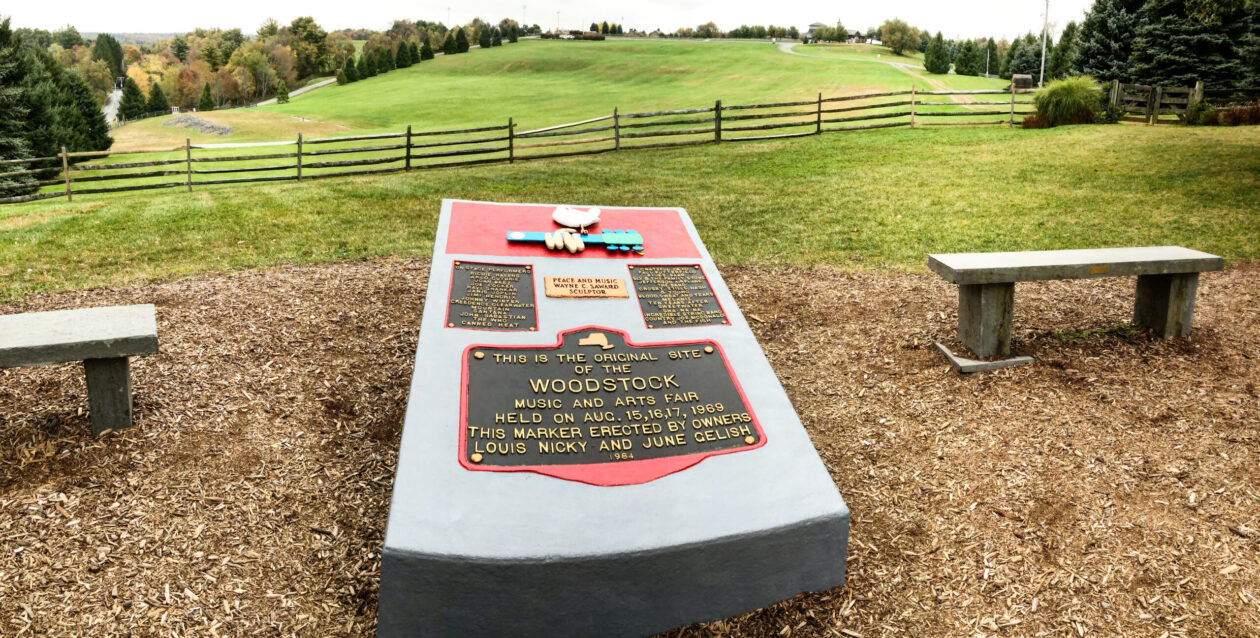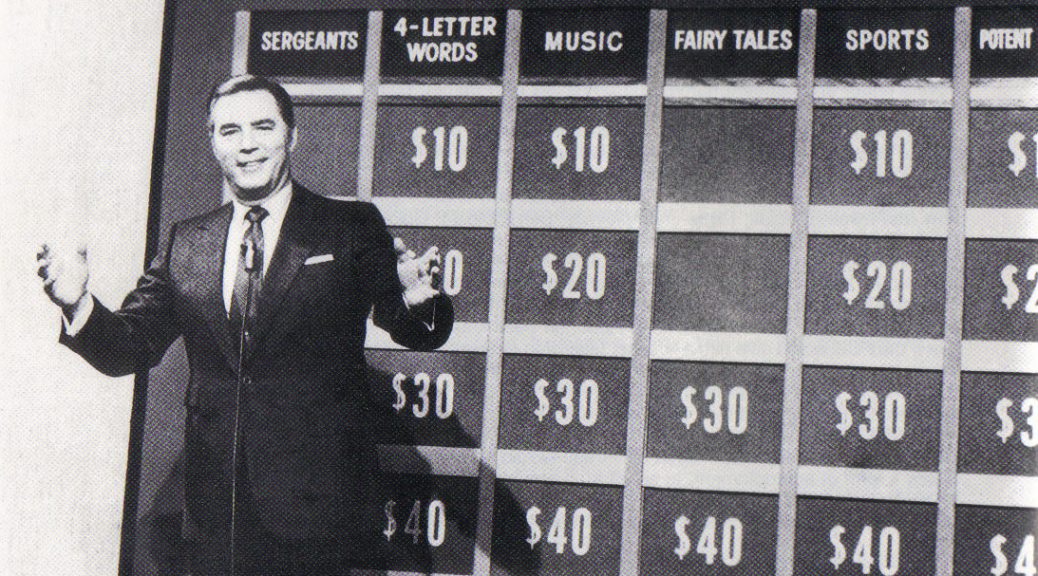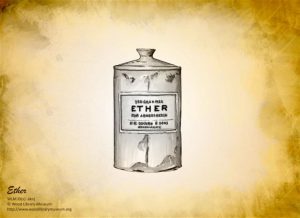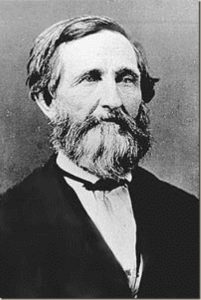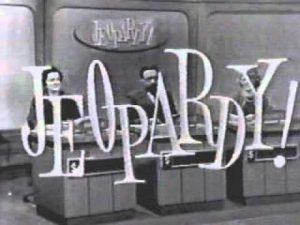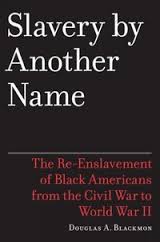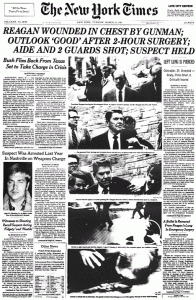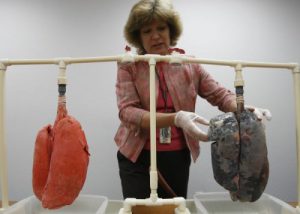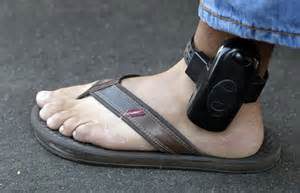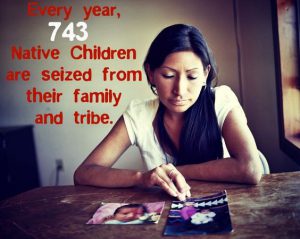March 30 Peace Love Art Activism
Technological & Cultural Milestones
Ether
March 30, 1842: physician Dr. Crawford W. Long of Jefferson, Georgia, first used ether as an anesthetic during a minor operation. He placed an ether-soaked towel over the face of James Venable and removed a tumor from his neck.
This event predated Morton’s public demonstration of ether by four years, but was not disclosed until 1849 in the Southern Medical Journal, which was after Morton’s widely publicized feat. However, Dr. Long’s accomplishment in 1842 is now widely considered to represent the discovery of surgical anesthesia. He was the subject on a U.S. stamp issued 8 Apr 1940. This is Doctor’s Day in his honor. (Explorable dot com article) (see May 24, 1844)
Lead pencil and eraser
March 30, 1858: the first U.S. patent for a combination lead pencil and eraser was issued to Hyman L. Lipman, of Philadelphia, Pa. (No. 19,783). The pencil was made in the usual manner, with one-fourth of its length reserved inside one end to carry a piece of prepared India-rubber, glued in at one edge. Thus cutting one end prepared the lead for writing, while cutting the other end would expose a small piece of India rubber.
This eraser was then conveniently available whenever needed, and not subject to being mislaid. Further, the eraser could be sharpened to a finer point to make a more precise erasure of fine lines in a drawing, or cut further down if the end became soiled. (Pencils dot com article) (see October 24, 1861)
“Jeopardy!”
March 30, 1964: premiering in a daytime slot on NBC, “Jeopardy!” was one of the first quiz shows to reintroduce factual knowledge, including knowledge of sports and entertainment trivia as well as the arts, literature, and science, as the main source of questions. Seemingly reversing the logic of the big money quiz shows of the 1950s (e.g., “The 64,000 Question,” “Twenty-One”), producer Merv Griffin introduced a format in which the answers for questions are revealed and the contestants must phrase their response in the form of a question. Art Flemming hosted. (see “in July”)
March 30 Peace Love Art Activism
BLACK HISTORY
Green Cottenham
March 30, 1908: Green Cottenham, a black man, was arrested and charged with “vagrancy” in Shelby County, Alabama. An offense created at the end of the Reconstruction Period and disproportionately enforced against black citizens, vagrancy was defined as an inability to prove employment when demanded by a white person.
Twenty-two-year-old Cottenham was quickly found guilty in a brief appearance before the county judge without a lawyer, and received a sentence of thirty days of hard labor. He was also assessed a variety of fees payable to nearly everyone involved in the process, from the sheriff to the deputy to the court clerk to the witnesses. Due to his inability to pay these fees, Cottenham’s sentence would actually last nearly a year.
The day after his court appearance, Cottenham was turned over to the Tennessee Coal, Iron & Railroad Company. The company leased him from Shelby County for $12 per month, which was to go toward paying off the owed fees and fines. Cottenham was sent to work in the Pratt Mines outside Birmingham, in Slope No. 12 mine where conditions were brutal. By the time Cottenham was released nearly a year later, more than sixty of his fellow prisoners had died of disease, accidents, or homicide. Most of their corpses were burned in the mine’s incinerators or buried in shallow graves surrounding the mine. [NPR story] (see June 22)
Scottsboro Nine
March 30, 1931: a grand jury indicted the nine youths for rape. Although rape was potentially a capital offense, the defendants were not allowed to consult an attorney because they were being kept “for their safety” in death row cells and that area of the prison did not permit lawyers to speak unattended. (see S9 Travesty for expanded story)
FREE SPEECH
March 30, 1964: Hamilton v. Alabama. In a 6–3 per curiam opinion, the Supreme Court granted certiorari (agreed to consider the case) and, without hearing any oral arguments, found in Hamilton’s favor, reversing the judgment of the Alabama Supreme Court. In support of its summary decision, the Court cited its 1963 ruling in Johnson v. Virginia, in which it had unanimously held that “a State may not require racial segregation in a courtroom” (FS, see Apr 6)
School Desegregation
March 30, 1955: in reaction to and in spite of the 1954 Brown decision, North Carolina passed the Pupil Assignment Act which sought to delay the racial desegregation of the public schools. (next BH, see In April; next SD, see May 31)
Voting Rights
March 30, 1964: what is arguably the most famous filibuster in the history of the U.S. Senate began on this day as southern segregationists attempted to block the civil rights bill pending in the Senate. Nineteen Senators (18 Southern Democrats and one Republican), led by Sen. Strom Thurmond of South Carolina, conducted the filibuster, which lasted for 57 working days. Senator Richard Russell, Jr, of Georgia vowed, “We will resist to the bitter end any measure or any movement which would have a tendency to bring about social equality and intermingling and amalgamation of the races in our (Southern) states.” [Historical note: unlike current times, in those days senators had to actually speak continuously in order to maintain a filibuster.] (BH, see Apr 1; VR, see June 10)
Viola Liuzzo
March 30, 1965: funeral services were held for Viola Liuzzo. Her funeral was held at Immaculate Heart of Mary Catholic church in Detroit, with many prominent members of both the civil rights movement and government there to pay their respects. Included in this group were Martin Luther King, Jr.; NAACP executive director Roy Wilkins; Congress on Racial Equality national leader James Farmer; Michigan lieutenant governor William G. Milliken; Teamsters president Jimmy Hoffa; and United Auto Workers president Walter Reuther. At San Francisco’s Grace Episcopal Cathedral, Martin Luther King said of Liuzzo, “If physical death is the price some must pay to save us and our white brothers from eternal death of the spirit, then no sacrifice could be more redemptive.“
Less than two weeks after her death, a charred cross was found in front of four Detroit homes, including the Liuzzo residence.(BH, see April 2; see Viola for expanded story; Selma, see May 3; MLK, see Aug 12)
Congressional Black Caucus
March 30, 1971: founded by 13 members, the Congressional Black Caucus (CBC), representing African-American members of the House of Representatives, was organized on this day. It originated with the Democratic Select Committee in 1969, led by Rep. Charles C. Diggs (D–Michigan). By 2013, there were 43 members of the CBC. (CBC site) (see Apr 20)
Hate Crimes Prevention Act
March 30, 2007: The Matthew Shepard and James Byrd, Jr. Hate Crimes Prevention Act reintroduced for the fourth time. The 2007 version of the bill added gender identity to the list of suspect classes for prosecution of hate crimes. The bill was again referred to the Subcommittee on Crime, Terrorism and Homeland Security. (Justice dot gov article) (BH, see Apr 13; JB, LGBTQ, & MSM, see May 3)
Stop and Frisk Policy
March 30, 2012: Mayor Michael Bloomberg defended Stop-and-Frisk. He said the fact that NYPD officers were recovering fewer guns was an indication that the program was working. (see May 9)
137 SHOTS
March 30, 2015: Judge John P. O’Donnell with the Cuyahoga County Common Pleas Court denied several requests by the attorneys of Cleveland police officer Michael Brelo to have his case dismissed.
Brelo’s attorneys asked to have the case dismissed based on Garrity rights, which prevent a public official from making incriminating statements against themselves during investigations carried by their employers.
O’Donnal also denied a motion to have the case dismissed based on qualified immunity. Qualified immunity is a defense available to state and federal officials — including police officers — that asks whether the defendant knew whether they were breaking an established law at the time of the incident. (see 137 shots for expanded story)
Stephon Clark
March 30, 2018: according to an analysis by Dr. Bennet Omalu, a private medical examiner Stephon Clark’s family’s lawyer hired to conduct an independent autopsy, of the more than 20 times that police shot, eight times were from behind or the side.
The autopsy concluded that Clark’s death was not instantaneous, taking an estimated three to 10 minutes, raising questions about why police did not call for more immediate medical care after the shooting. (SC, see Oct 25)
Alton B. Sterling
March 30, 2018: Chief Murphy Paul of the Baton Rouge Police Department announced that Blane Salamoni, who fatally shot Alton B. Sterling in front of a convenience store in Baton Rouge, La., on July 6, 2016 was fired. Paul also announced a three-day suspension of Officer Howie Lake II, also involved in the episode. The disciplinary actions were the first serious consequences for the officers after both state and federal officials declined to bring criminal charges against them.
Salamoni fired six shots Sterling. Salamoni and Lake arrived at a convenience store parking responding to a call that a black man had brandished a gun and threatened someone. (B & S, see Apr 20; ABS, see
March 30 Peace Love Art Activism
US Labor History
March 30, 1930: 35,000 unemployed march in New York’s Union Square. Police beat many demonstrators, injuring 100. (see Apr 13)
March 30 Peace Love Art Activism
Cannabis
The Single Convention on Narcotic Drugs of 1961
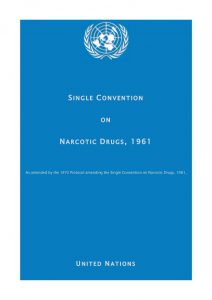 March 30, 1961: The Single Convention on Narcotic Drugs of 1961 signed. It is an international treaty to prohibit production and supply of specific (nominally narcotic) drugs and of drugs with similar effects except under licence for specific purposes, such as medical treatment and research. The document included updating the Paris Convention of 13 July 1931 to include the vast number of synthetic opioids invented in the intervening thirty years and a mechanism for more easily including new ones. Earlier treaties had only controlled opium, coca, and derivatives such as morphine, heroin and cocaine. The Single Convention consolidated those treaties and broadened their scope to include cannabis and drugs whose effects are similar to those of the drugs specified. (see April 8, 1968 or see CC for expanded Cannabis chronology)
March 30, 1961: The Single Convention on Narcotic Drugs of 1961 signed. It is an international treaty to prohibit production and supply of specific (nominally narcotic) drugs and of drugs with similar effects except under licence for specific purposes, such as medical treatment and research. The document included updating the Paris Convention of 13 July 1931 to include the vast number of synthetic opioids invented in the intervening thirty years and a mechanism for more easily including new ones. Earlier treaties had only controlled opium, coca, and derivatives such as morphine, heroin and cocaine. The Single Convention consolidated those treaties and broadened their scope to include cannabis and drugs whose effects are similar to those of the drugs specified. (see April 8, 1968 or see CC for expanded Cannabis chronology)
March 30 Peace Love Art Activism
March 30 Music et al
“He’s So Fine”
March 30 – April 26, 1963: The Chiffons “He’s So Fine” #1 on the Billboard Hot 100.
LSD
March 30, 1965: Owsley Stanely first shipment of lysergic acid monohydrate, the basis for LSD, arrived through his Berkeley Lab in Los Angeles. He produced 300,000 capsules (270 micrograms each) of LSD by May 1965 and then returned to the Bay Area. [see Sunshine for more] (see Apr 2)
The Beatles
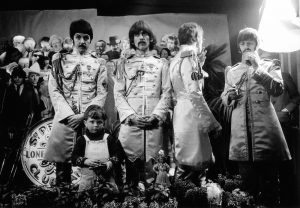
March 30, 1967: photographed with a combination of photographic collage and wax figures from Madame Tussaud’s famous museum for the cover artwork of Sgt. Pepper’s Lonely Hearts Club Band album at Chelsea Manor Studios in London. There are 61 others surrounding the Beatles, among whom is German composer Karlheinz Stockhausen. (next Beatles, see Apr 8)
Karlheinz Stockhausen
In 1955 & 1956, German musician, Karlheinz Stockhausen, had composed Gesang der Jünglinge (“Song of the Youths”) an electronic music work done at the Westdeutscher Rundfunk studio in Cologne. The vocal parts were supplied by 12-year-old Josef Protschka. The work is described as “the first masterpiece of electronic music.”
The text of Gesang der Jünglinge is from the Biblical story in The Book of Daniel where Nebuchadnezzar throws Shadrach, Meshach, and Abednego into a fiery furnace.
The Road to Bethel
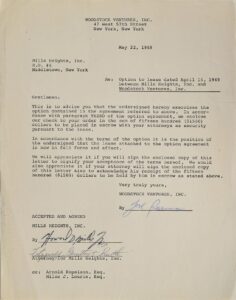 March 30, 1969: after the Saugerties refusal, Roberts and Rosenman speak to Howard Mills about a piece of land in Wallkill, NY that Mills was going to develop. Mills agreed to rent the site for the festival. (see Woodstock for expanded chronology)
March 30, 1969: after the Saugerties refusal, Roberts and Rosenman speak to Howard Mills about a piece of land in Wallkill, NY that Mills was going to develop. Mills agreed to rent the site for the festival. (see Woodstock for expanded chronology)
March 30 Peace Love Art Activism
Vietnam
U.S. Embassy
March 30, 1965: a bomb exploded in a car parked in front of the U.S. Embassy in Saigon, virtually destroying the building and killing 19 Vietnamese, 2 Americans, and 1 Filipino; 183 others were injured. Congress quickly appropriated $1 million to reconstruct the embassy. Although some U.S. military leaders advocated special retaliatory raids on North Vietnam, President Lyndon B. Johnson refused. (see “in April”)
Easter Offensive
March 30, 1972: a major coordinated communist offensive opened with the heaviest military action since the sieges of Allied bases at Con Thien and Khe Sanh in 1968. Committing almost their entire army to the offensive, the North Vietnamese launched a massive three-pronged attack into South Vietnam. Four North Vietnamese divisions attacked directly across the Demilitarized Zone in Quang Tri province. Thirty-five South Vietnamese soldiers died in the initial attack and hundreds of civilians and soldiers were wounded. (ARgunners magazine article) (see Apr 10)
March 30 Peace Love Art Activism
Ronald Reagan
March 30, 1981, Ronald Reagan shot in the chest outside a Washington, D.C. hotel by John Hinckley, Jr. Two police officers and Press Secretary James Brady are also wounded.
March 30 Peace Love Art Activism
Consumer Protection
March 30, 1999: a jury in Portland, Ore., ordered Philip Morris to pay $81 million to the family of a man who died of lung cancer after smoking Marlboros for four decades. (see March 21, 2000)
March 30 Peace Love Art Activism
Iraq War II
March 30, 2003: US Secretary of Defense, Donald Rumsfeld: We know where [the weapons of mass destruction] are. They’re in the area around Tikrit and Baghdad and east, west, south and north somewhat. [ABC This Week, 3/30/03] (see Apr 3)
March 30 Peace Love Art Activism
Sexual Abuse of Children
BSA
March 30, 2005: Douglas Sovereign Smith Jr., 61, the longtime program director of the Boy Scouts of America and chairman of its Youth Protection Task Force pleaded guilty in court to a charge of possession and distribution of child pornography. (Sexual abuse, see in June 2005; BSA, see June 17, 2012)
March 30 Peace Love Art Activism
Affordable Care Act
Justices initial vote
March 30, 2012: US Supreme Court Justices initial vote on health care law. Their final opinion would be released in June. In the weeks after this meeting, individual votes could change. Even when justices read one another’s draft opinions and dissents. (see June 28)
Coons v. Lew
March 30, 2015: the Supreme Court declined to take up the latest lawsuit against Obamacare, this time a challenge to a board that critics label a “death panel.”
The case, Coons v. Lew, contested the constitutionality of the Independent Payment Advisory Board, among other complaints against Obamacare. The IPAB was designed to limit spending growth in Medicare, but the challengers say that it will result in limiting care for seniors. (see Apr 27)
March 30 Peace Love Art Activism
FREE SPEECH
Student Rights
March 30, 2015: the U.S. Supreme Court refused to take up a ruling that had found Live Oak High School had the legal right to order students wearing American flag-adorned shirts to turn them inside out during a 2010 Cinco de Mayo celebration.
In 2014, the 9th U.S. Circuit Court of Appeals had ruled in favor of Live Oak High School administrators, who argued that a history of problems on the Mexican holiday justified the decision to act against the American flag-wearing students. Officials ordered the students to either cover up the shirts or go home, citing past threats and campus strife between Latino and white students that raised fears of violence. (FS, see Mar 31; SR, see June 18)
March 30 Peace Love Art Activism
Fourth Amendment
GPS ankle bracelets
March 30, 2015: the U.S. Supreme Court ruled that North Carolina courts were wrong to decide that GPS ankle bracelets don’t count as searches.
Torrey Dale Grady was a repeat sex offender, and North Carolina forced him to wear a GPS tracking device at all times. Grady argued that violated his Fourth Amendment right to be free from unreasonable searches. Several state courts, including the state Supreme Court, dismissed Grady’s argument, saying the ankle monitor did not count as a search.
The U.S. Supreme court ruled it does. The justices said: “The state’s program is plainly designed to obtain information. And since it does so by physically intruding on a subject’s body, it effects a Fourth Amendment search.”
The Supreme Court did not, however, decide whether the search was unreasonable. The justices sent the case back to state courts to rule on that question, and determine whether North Carolina’s tracking program was constitutional. (see Mar 31)
March 30 Peace Love Art Activism
Native Americans
Native American Children
March 30, 2015: “Indian children, parents and tribes deserve better,” wrote Chief Judge Jeffrey Viken of the Federal Court for South Dakota in a 45-page decision. Viken ruled that the procedures used by the four state officials in removing Indian children from their homes violated the due process clause of the 14th Amendment of the Constitution as well as the Indian Child Welfare Act (ICWA), which establishes minimum federal standards for the removal of Indian children from their families. Congress passed the law in 1978 “to curb the alarmingly high rate of removal of Indian children from Indian parents.”
According to Viken, state officials violated the plaintiffs’ rights to basic judicial fairness during state child-custody hearings. Parents didn’t receive adequate notice of the allegations against them, nor was counsel appointed to represent them. They also were prohibited from cross-examining state workers who accused them of mistreating their children and from presenting evidence in their own defense. When their children were taken, the state court also failed to provide them with a written decision based on evidence presented during the hearing. (next NA, see Aug 30)
Remains repatriated
March 30, 2021: the Clarion Ledger reported that the state of Mississippi had turned over the remains of 403 Native Americans along with 83 lots of funerary items to the Chickasaw Nation, marking the largest such return in Mississippi history and the first for Mississippi Department of Archives and History.
“This repatriation is a huge milestone for our institution and our tribal partners,” said MDAH Director Katie Blount. “We are committed to the repatriation of human remains and cultural objects in the department’s archaeological collections.” (next NA, see Apr 5)
March 30 Peace Love Art Activism
Women’s Health
March 30, 2016: the Food and Drug Administration relaxed the requirements for taking a medication that induces abortion, a move that was expected to expand access to the procedure.
The move was a victory for abortion rights advocates who had been fighting laws in states like Texas, North Dakota and Ohio that required providers to follow the requirements on the original F.D.A. labels for the drug when conducting abortions by medication. Many doctors said the original labels, based on clinical evidence from the 1990s, were outdated and that the state laws went against accepted medical practice and made it harder for women to get abortions. (next Women’s Health, see May 20)
Immigration History
Women’s health unblocked
March 30, 2018: Judge Tanya S. Chutkan of United States District Court in Washington issued a sweeping order that temporarily prevented the government from blocking access to abortion services for undocumented, pregnant minors who have been detained in federal immigration custody.
In issuing the preliminary injunction, Chutkan barred the government from interfering with hundreds of teenagers’ access to medical appointments, counseling, abortion procedures or other care, writing that the government’s practice of doing so infringed on the teenagers’ constitutional rights. (next IH, see Apr 3; next Women’s Health, see May 4)
March 30 Peace Love Art Activism
LGBTQ
March 30, 2017: North Carolina lawmakers passed a bill that repealed the state’s controversial bathroom law in a move meant to end a year of tumult that saw businesses leave and major sporting events and concerts canceled.
Gov. Roy Cooper signed the measure into law, saying, “For over a year now, House Bill 2 has been a dark cloud hanging over our great state. It has stained our reputation. It has discriminated against our people and it has caused great economic harm in many of our communities.”
Cooper said the new law was “not a perfect deal and it is not my preferred solution.”
The governor said he wanted a law that added protections for LGBTQ North Carolinians, but said that wasn’t possible with Republicans holding a supermajority in the Legislature. (LGBTQ & NC, see Apr 4)
